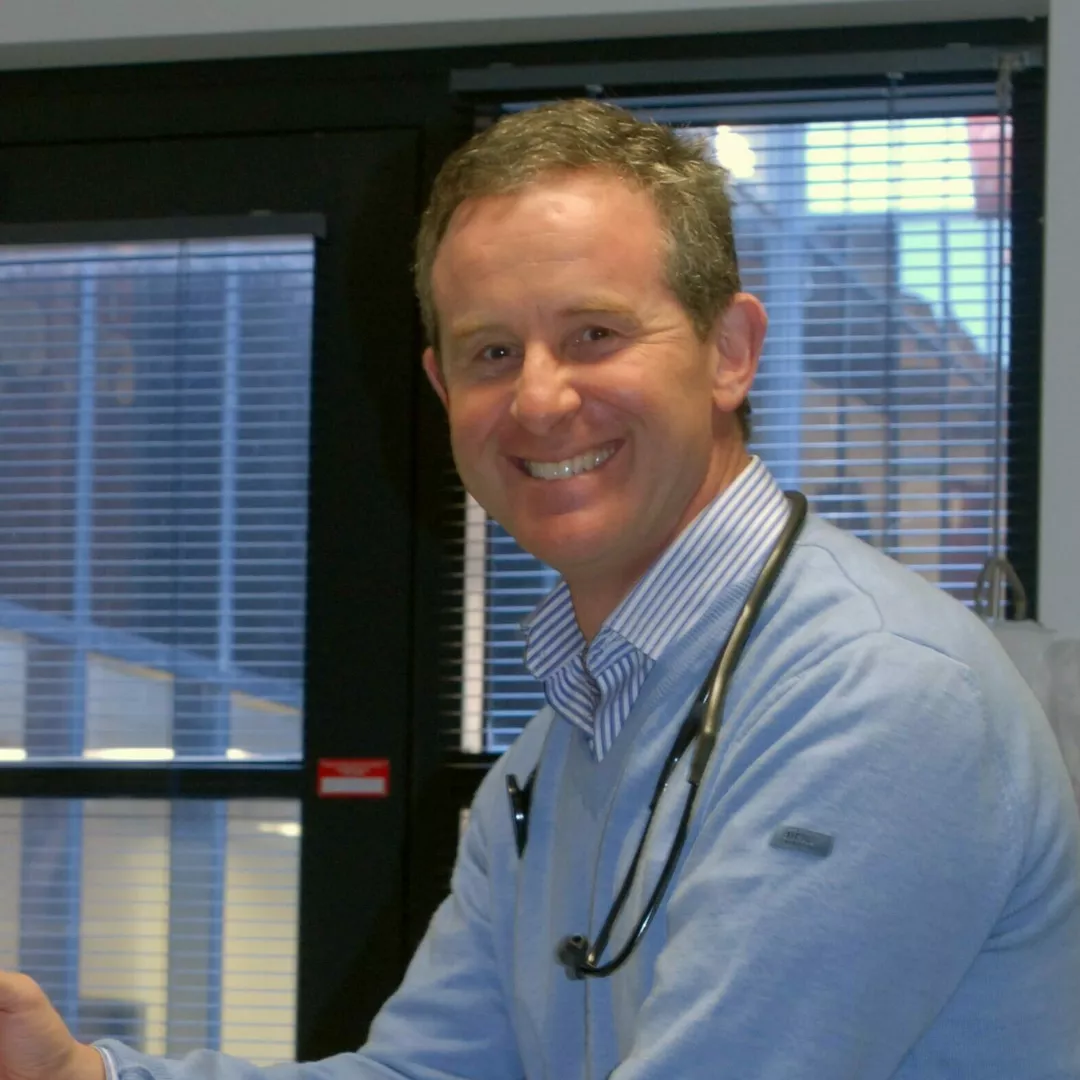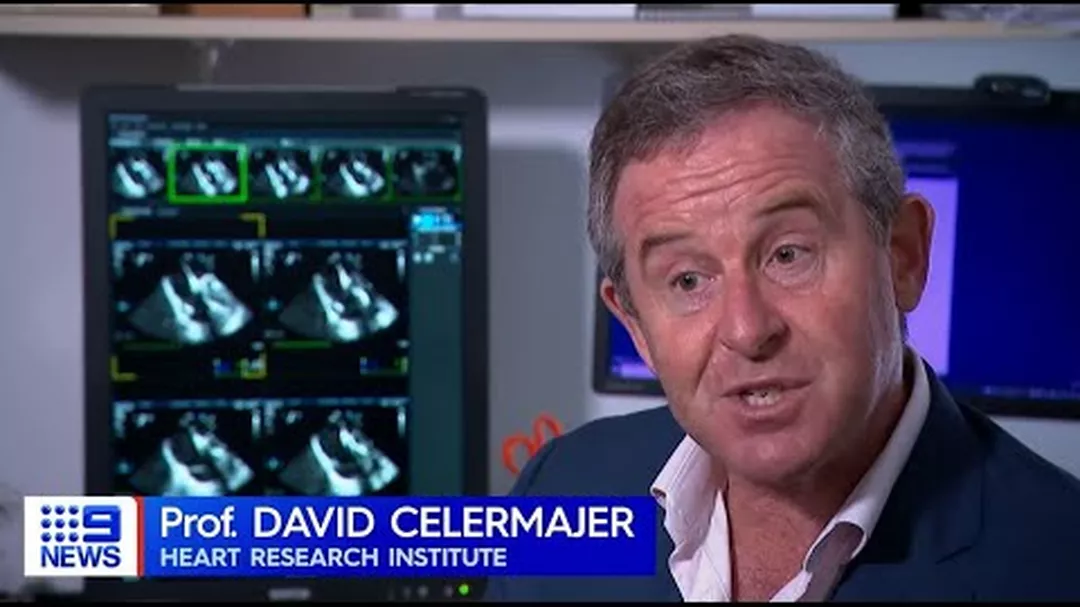
“We started planning the nationwide CHD Registry in 2016 with a grant from Heart Kids Australia, and then in 2019, $6 million over six years in Federal and State Government Funding was made available for the three phases to get the register up and running.
“A pilot was initiated in Queensland and New Zealand to understand what we would need, the second phase was a national survey of CHD patients and families about their needs, then thirdly the establishment and execution of the National Registry.
“There were some challenges as we realised every state and territory stores health records differently, using different computer systems or simply storing records in a cardboard box!”
Twelve hospitals treating people with CHD across Australia will take part in the National CHD Registry, with four hospitals already providing invaluable data to researchers – The Sydney Children’s Hospital at Westmead, Royal Prince Alfred Hospital in Camperdown and The Royal Melbourne and Royal Children's Hospitals in Melbourne.
Professor Celermajer says they’ve already had enormous success over the past two years, capturing medical information from well over 15,000 patients, which is nearly 50 per cent of patients with CHD in Australia.
The project is run by CHAANZ (the Congenital Heart Alliance of Australia and NZ), which represents health professionals, CHD patients and their families from Australia and New Zealand. Their purpose is to facilitate focused research in CHD, promote the need for greater resources and assist with services for all people with CHD.


